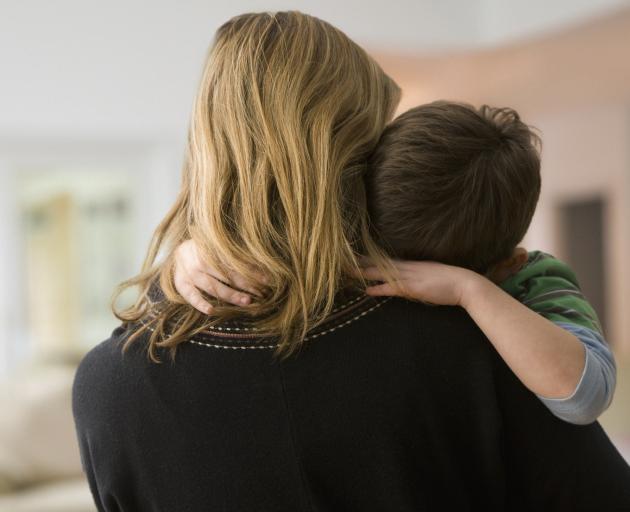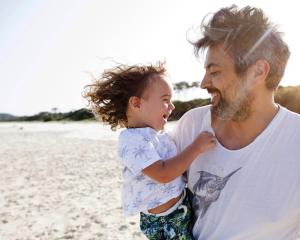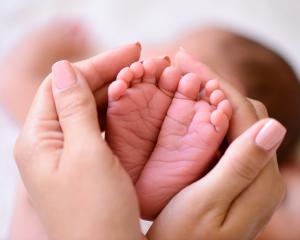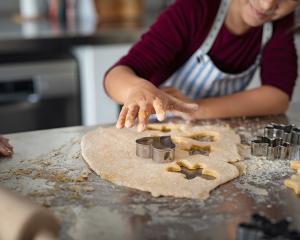

We’ve been lucky with our exceptionally low death rate at time of writing. That looks likely to change even with vaccination, the oldest age groups being the most vulnerable along with those with health conditions that might make them susceptible.
There will be youngsters who contract Covid but most should come out the other side unscathed.
It’s the death of a grandparent or of grandparents of their friends that’s likely to have the greater impact. They may disappear into hospital never to be seen, hugged or kissed again. This could be their first loss. It will call for a lot from us, especially if it’s our loss, too.
When breaking the news, it’s best to take the direct approach that we have some sad news. Then tell them simply and quietly what’s happened. Their reaction will dictate what needs to happen next.
A strong reaction will require hugs and reassurance. There’ll probably be questions: Where do you go when you die? Are you going to die if you get Covid? Am I going to die? Does dying hurt?
The best way of handling these is with the simplest, most honest answers that we can give and no more. If they want to know more, they’ll ask.
Alternatively, they may only have a curious interest at the time, the real questions coming weeks later. Some other event might trigger a question about Grandpa’s death and bring the tears and real sadness as reality suddenly hits home. There may even be anger that Grandpa went and died.
If they’re angry, help them explore why they are - they miss Grandpa (what do they miss?), and it’s unfair. Comfort and understanding are called for, not a ‘‘get-over it, for goodness sake, Grandpa died months ago’’ approach.
Get them to tell stories about Grandpa, what they liked about him, what they miss. Get out the photographs, right back to our childhood. Make a special trip to put flowers on his grave.
Nothing will be gained by trying to avoid answering whatever questions arise. Death can’t be avoided. It’s part of life; it can’t be controlled; it has to be lived through by each of us in our own way, even when we’re only 4-years-old. The only cure for grief is to grieve.
Let’s hope not too many of our youngsters are grieving next year.












